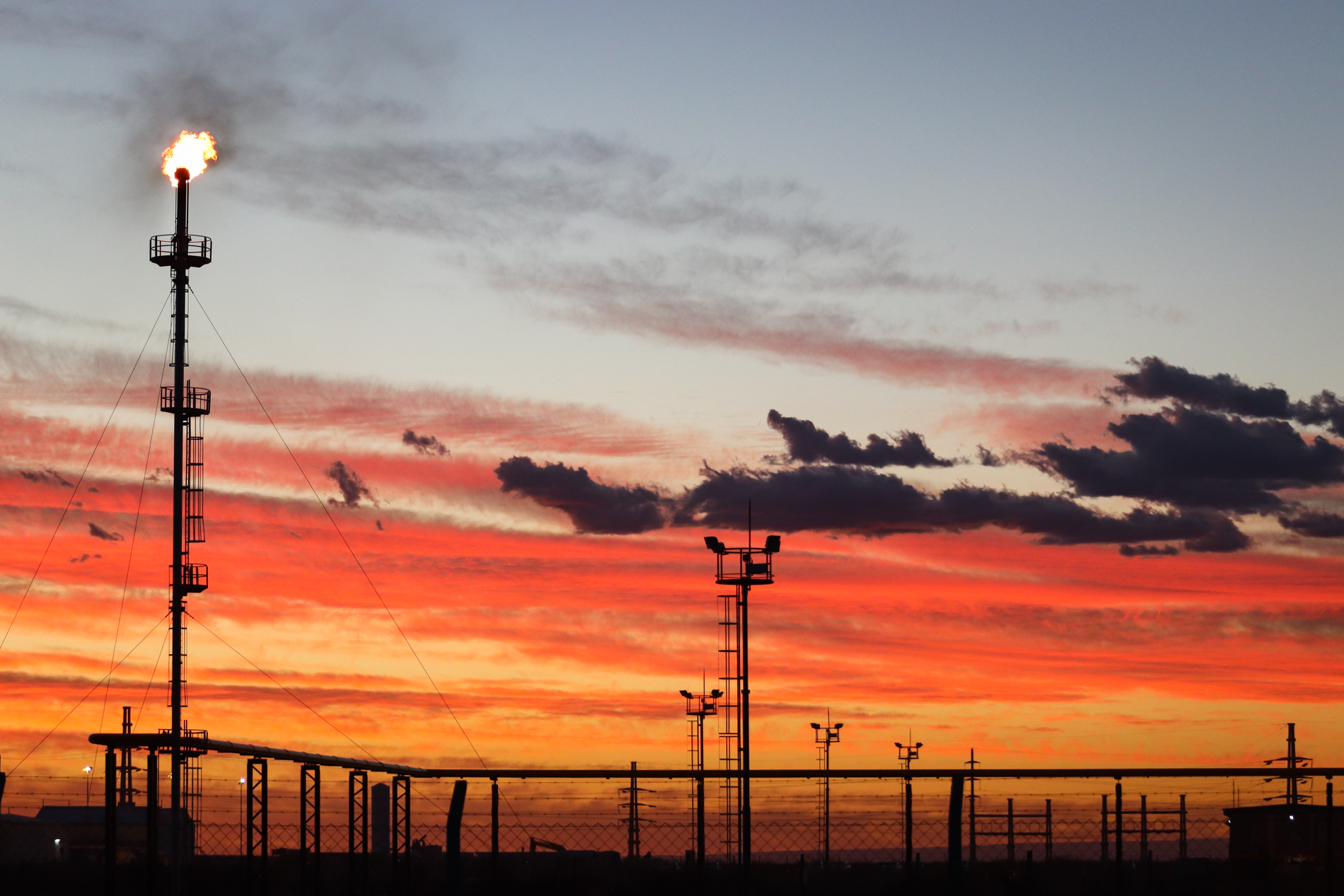This blog was originally published as a case study in “Banking on Climate Chaos: Fossil Fuel Finance Report 2021” — a report by Rainforest Action Network, BankTrack, Indigenous Environmental Network, Oil Change International, Reclaim Finance, and Sierra Club. You can see the full report here. Photo credit: Martín Álvarez Mullally
In Argentina’s Patagonia region, the Vaca Muerta oil and gas reserves make up the world’s second-largest shale deposit. While only 4% of the basin is under development thus far, the total potential emissions of the oil and gas reserves make up an enormous carbon bomb of 8.7 gigatons of CO2 equivalent. The Argentinian government had pegged hopes of economic salvation on the project, looking to export much of the oil and gas and use the proceeds to pay down the country’s national debt. Hundreds of millions of dollars in subsidies have been provided to the oil and gas companies operating in Vaca Muerta. This approach comes at the expense of the Indigenous Mapuche communities who are opposing the project on their land.
The companies active in Vaca Muerta include subsidiaries of global majors such as BP and Total, as well as the Argentinian state-owned company YPF. Since the Paris Agreement through August 2020, the top bankers of the nearly 40 companies fracking in Vaca Muerta are JPMorgan Chase, Citi, Bank of America, HSBC, and Barclays.
The COVID-19 pandemic and its resulting squeeze on oil demand has slowed down development in Vaca Muerta, though the government is trying to support this industry through new subsidies. As with so many other projects, the test will come in how the Argentinian government, and these foreign banks, choose to emerge from the pandemic. Instead of attempting to revive the fracking industry, the recovery must be in favor of a just energy transition into a sustainable Argentinian economy.












